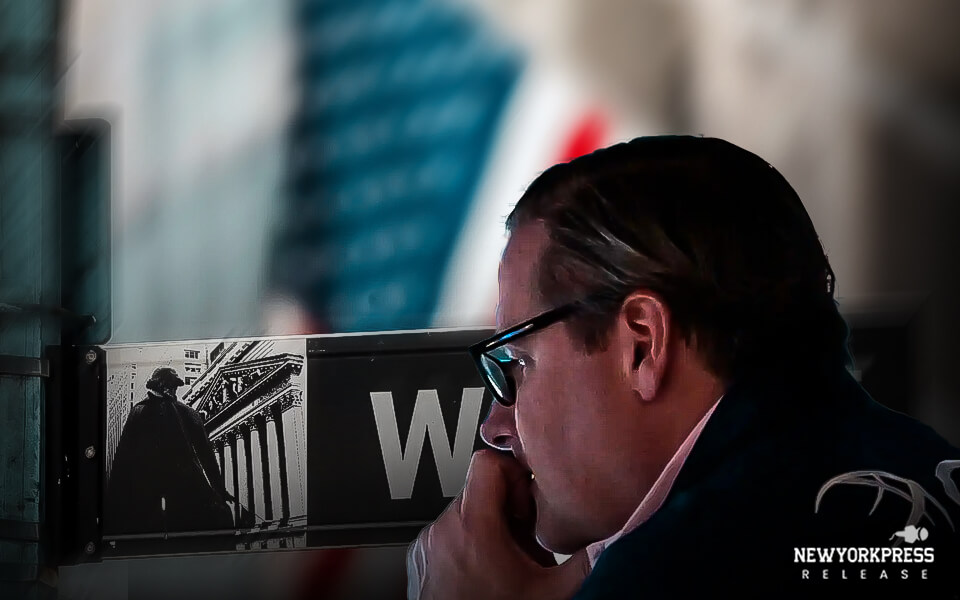A reported fact of controversy says former President Donald Trump has recently had discussions with Supreme Court Justice Samuel Alito, who could decide Trump’s case aimed at stopping the criminal process brought against him. News first on January 8, 2025, raises great debate across all lines for what this can do to the judiciary and even politics.
According to sources familiar with the matter, Trump is using constitutional arguments to challenge the validity of ongoing investigations in a number of high-profile criminal cases. Justice Alito, a conservative judicial thinker, has been involved in these discussions, sources say.
Trump’s lawyers are looking into legal ways to dispute what they call “politically motivated” prosecutions, contending that several of the counts violate constitutional safeguards. The president has continued to deny wrongdoing and has characterized all the cases against him as “witch hunts” aimed at undercutting his probable 2024 presidential election effort.
The reported discussion has caused several eyebrows to rise among legal commentators, as rare instances of face-to-face contact between a party and a sitting Supreme Court judge have the potential of being viewed as undermining judicial independence. Critics also pointed out how such discussions give bad optics as far as the preservation of public confidence in the judiciary is concerned.
But the pro-Trump camp disagrees, saying that the former president is well within his rights to discuss constitutional interpretations with members of the judiciary. For them, it is a legitimate effort to defend themselves against what they believe is a coordinated political attack.
In turn, Justice Alito has not publicized any word on the cases, and officially, the Supreme Court has declined to comment about neither confirming nor denying the allegations. Legal analysts aver that any judicial involvement in these cases would meet with intense public scrutiny given the political stakes.
This latest development further adds complexity to the legal battles in which Trump faces charges from financial fraud to the alleged interference in the 2020 election results. The issue has, so far, created a very complex situation, revealing the sensitive relationship between the independence of the judiciary and its duty to protect the rights granted under the Constitution.
Observers will be closely watching for official statements or actions that could clarify the extent and nature of these reported interactions.




